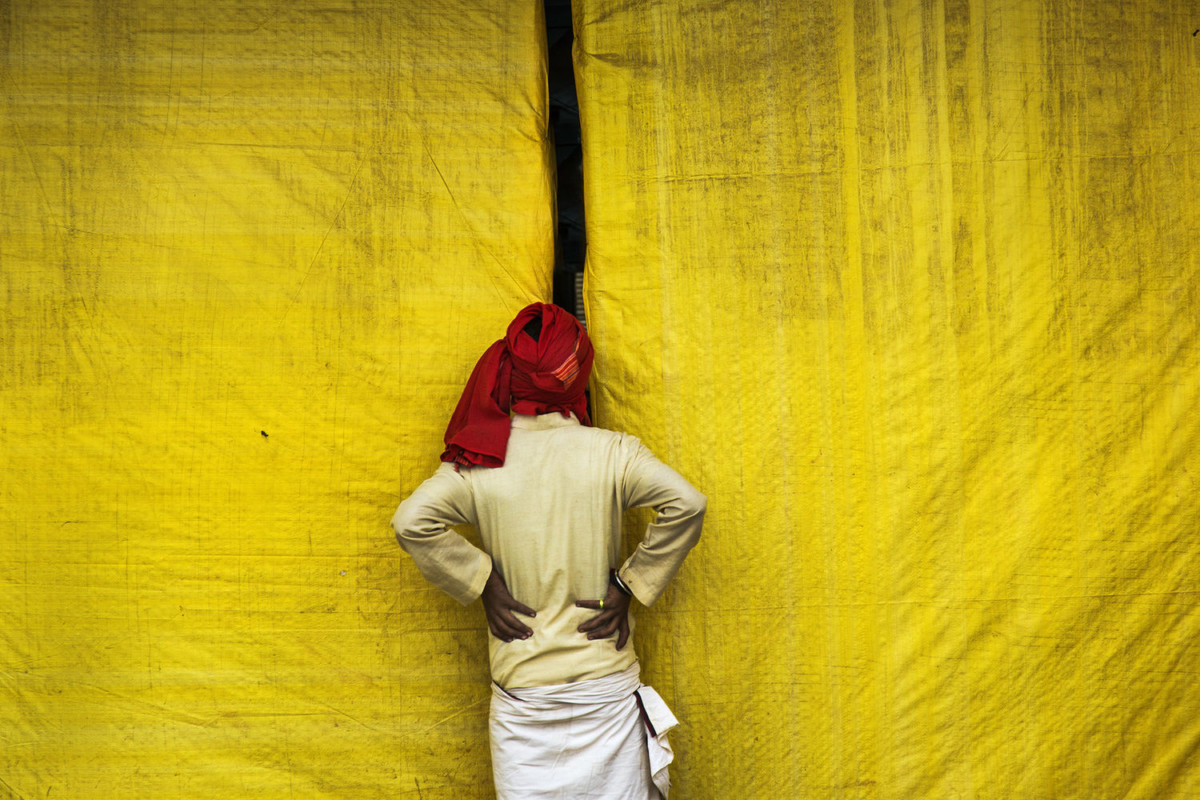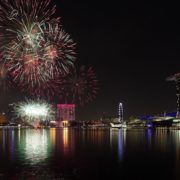Udit Kulshrestha hails from the city of the Taj Mahal, Agra but has traveled through the length and breadth of his country. A completely self taught photographer, he has been involved in many important national and international projects dealing in education, sustainability, socio-political conflicts and culture. He has got published in major newspapers, His works have been recognized by the Smithsonian and he has won awards for his professional works in the field of advertising too. Apart from numerous occasions in Delhi, he has had exhibitions of his work in UK and Canada too.
Udit has been hosting his online portfolio using Pixpa for quite some time now. So, the team at Echo was glad to catch up with him and explore his thoughts on various issues. We are reproducing out conversation below and we hope that this will inspire a lot of budding photographers.
More of his works can be seen at Udit Kulshrestha Photography.

1. You have mentioned that you are a self taught photographer. Tell us how exactly you started with that. Did you ever feel the need of formal training?
Udit Kulshrestha (UK): Photography for me is a journey of self exploration and expression. It started around mid 2006 when I quit my corporate brand portfolio and was going through a dark phase of my life. Seeking answers to a lot of questions within, I started using the Camera to explore and see the world around me then. There was always an urge to create and this got fueled by the need to see. The digital age of photography had already arrived in India then. So it was relatively easy to pick up the basic knowledge.
There were several online and offline photography clubs and groups and since I was in the learning phase, I read a lot on the web, consumed a lot of images visually and started experimenting with the camera. Most importantly, I photographed a lot of varied subjects.
I shifted to Gurgaon in March 2007, and tried making a living out of photography. A lot of my friends from advertising encouraged me. In the meanwhile, I also met a few professional photographers in Delhi with the urge to assist them and learn from them. Age played against me, as I was already 29 then. While all of them encouraged me to click, none was willing to take me as an apprentice. Somewhere, I took it upon me and followed my heart and here I am. At one point of time, I seriously evaluated formal education with the objective of getting direction in terms of vision rather than technique. But I couldn’t gather enough funds as most quality institutions were based internationally.
Even today, I learn new things on the job. Even today, I brush up on my skills and consume visuals and photographic knowledge from different sources. My vision over time has changed from ‘seeing’ to ‘telling’. It is an interesting journey, and somewhere I believe, my lack of formal photographic education is a reason for my work to be honest and meaningful.

2. What is exciting about your portfolio is that you have worked in a diverse array of projects covering promotional campaigns, socio political conflicts and cultural aspects. Can you tell us about some of your ongoing or forthcoming projects?
UK: Culture and social issues are subjects that are very close to my heart. Being part of an urban world, I see traditions and culture dying and us Indians losing our heritage and identity with influences from the western world. Somewhere, as a country, we are in a sorry state of affairs. The people of this land are victims of bad governance.
With the camera as a tool, I highlight this truth, by trying to raise questions on these subjects and issues with my photographs. A key theme underlying my work now is the ‘Unseen’. So I seek out subjects and stories where my work can highlight the under-reported or unseen aspects through my visual language. It’s like decoding truth visually. What is apparent visually might not always be the absolute truth. Hence, the challenge is to unravel this visually and be the honest voice.
Continuing my work on social issues, I am focusing on issues in the North East and West Bengal. These are two neglected geographies and I am working on two different documentary projects for over a year now. On Culture, I am still exploring themes on Hinduism as it is vast and also a time and resource consuming subject.

3. You have covered strife torn regions such as Assam. Do you observe such situations objectively or do they affect you at an emotional level?
UK: As a photographer and journalist, one always tries to be objective while one investigates conflict issues. But one is always moved by the experiences and things one witnesses.
The way I deal with these moral dilemmas is by seeking out the absolute truth. While my photographs can be compassionate about the people I photograph or the situations they live in, I try to keep myself away from prejudices. As a visual journalist one can’t have personal biases. But I do have every right to feel angry or sad for the people affected in such situations. I would rather bring the issues to light than helping form political opinions.
4. How important do you think is to have an online presence for photographers and other creative professionals such as you?
UK: In today’s connected world, it’s mandatory to have an online presence. Whether it’s a website, a blog or social media, all these platforms help one connect and share one’s work across boundaries of land, language, identity or culture. Photography, being a visual language cuts across these barriers and today that is why you see the speed at which the global media is consuming work from India.
5. Do you have any advice for aspiring photographers who would like to work in such an exciting but difficult field?
UK: They need to find an honest vision and focus on making photographs related to their vision. Photography is about making photographs. There is no other way one can become a photographer.
6. Finally, tell us about your experience in building your website using Pixpa.
UK: a friend had recommended the platform to me. I found it so easy to build a professional website. The Easy Studio is a wonderful tool. It simplifies everything and the system is so intelligent that it has already thought of every feature a photographer would ever need. I would highly recommend it to anyone who is looking for a professional website.


